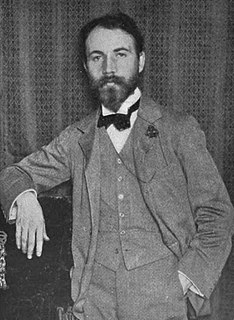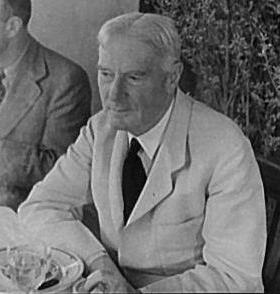A Quote by Amos Bronson Alcott
The books that charmed us in youth recall the delight ever afterwards; we are hardly persuaded there are any like them, any deserving our equal affections.
Related Quotes
Even where the affections are not strongly moved by any superior excellence, the companions of our childhood always possess a certain power over our minds which hardly any later friend can obtain. They know our infantine dispositions, which, however they may be afterwards modified, are never eradicated; and they can judge of our actions with more certain conclusions as to the integrity of our motives.
...there is no such thing as a charmed life, not for any of us, no matter where we live or how mindfully we attend to the tasks at hand. But there are charmed moments, all the time, in every life and in every day, if we are only awake enough to experience them when they come and wise enough to appreciate them.
We can scarcely indeed look into any part of the sacred volume without meeting abundant proofs, that it is the religion of the Affections which God particularly requires. Love, Zeal, Gratitude, Joy, Hope, Trust, are each of them specified; and are not allowed to us as weaknesses, but enjoined on us as our bounden duty, and commended to us as our acceptable worship.
Compassion is an emotion of which we ought never to be ashamed. Graceful, particularly in youth, is the tear of sympathy, and the heart that melts at the tale of woe. We should not permit ease and indulgence to contract our affections, and wrap us up in a selfish enjoyment; but we should accustom ourselves to think of the distresses of human, life, of the solitary cottage; the dying parent, and the weeping orphan. Nor ought we ever to sport with pain and distress in any of our amusements, or treat even the meanest insect with wanton cruelty.
Never have so many men treated women like our foes. They call 'em hoes, but they might as well call them foes, 'cause you are totally against the existence of somebody who should live their life as an equal human being. If not, any man knows, it's like we're not equal. You know, women are usually a little better than us.
What is all wisdom save a collection of platitudes? Take fifty of our current proverbial sayings—they are so trite, so threadbare, that we can hardly bring our lips to utter them. None the less they embody the concentrated experience of the race, and the man who orders his life according to their teaching cannot go far wrong. How easy that seems! Has any one ever done so? Never. Has any man ever attained to inner harmony by pondering the experience of others? Not since the world began! He must pass through the fire.




































